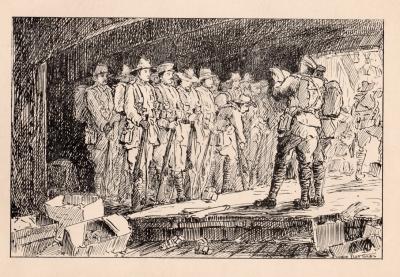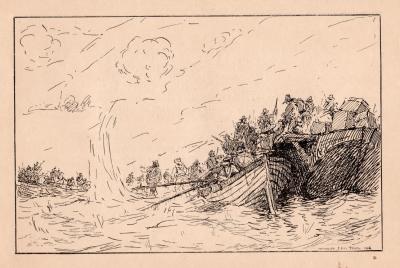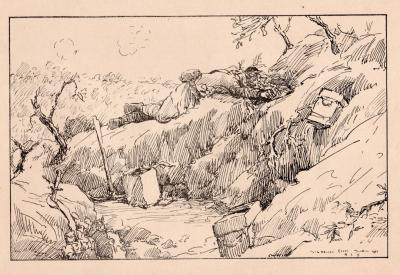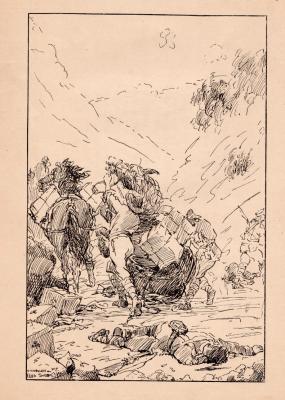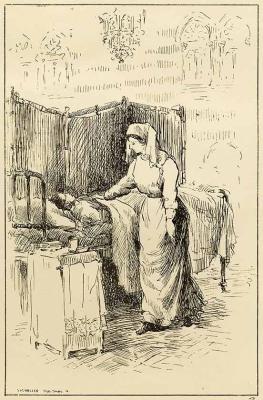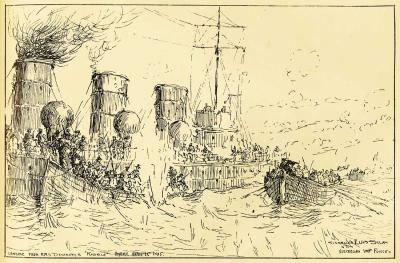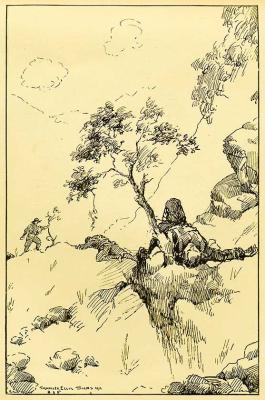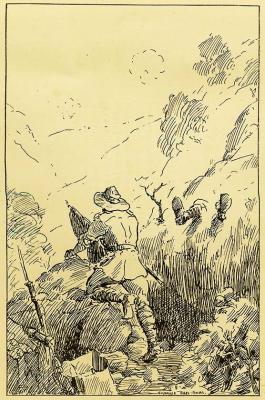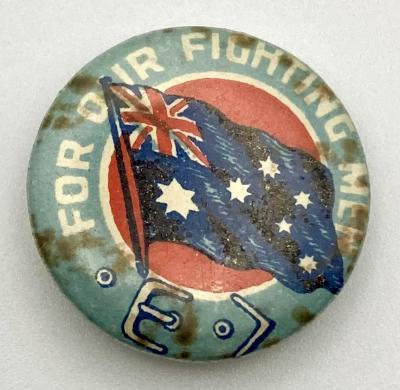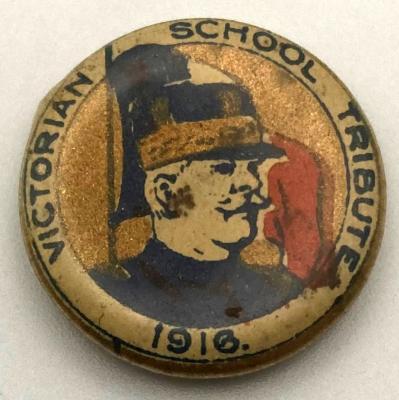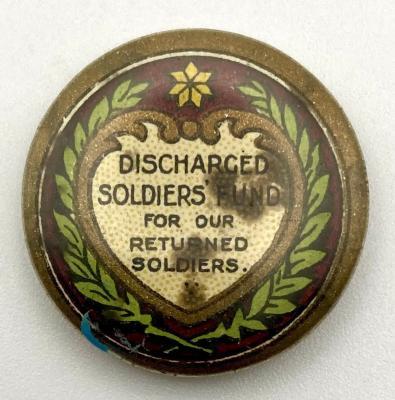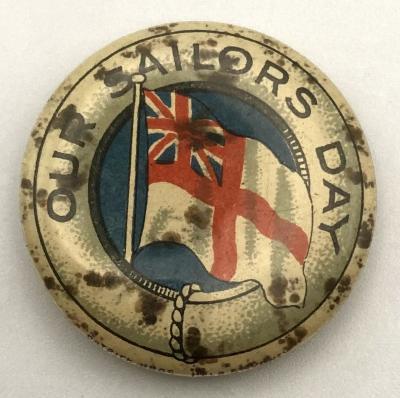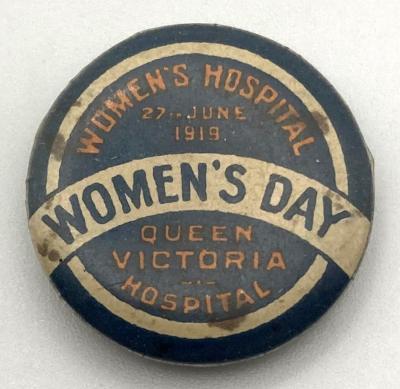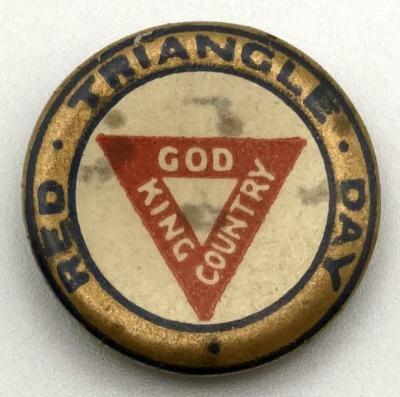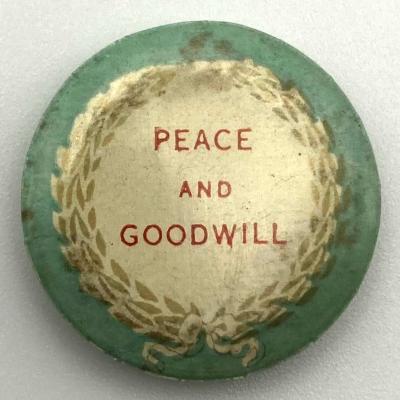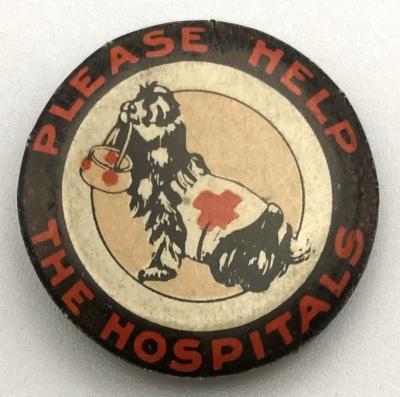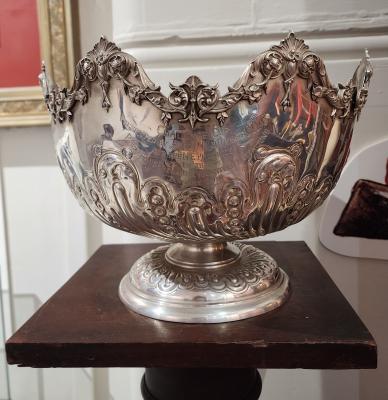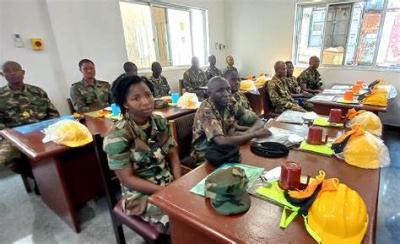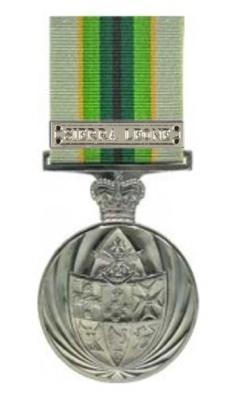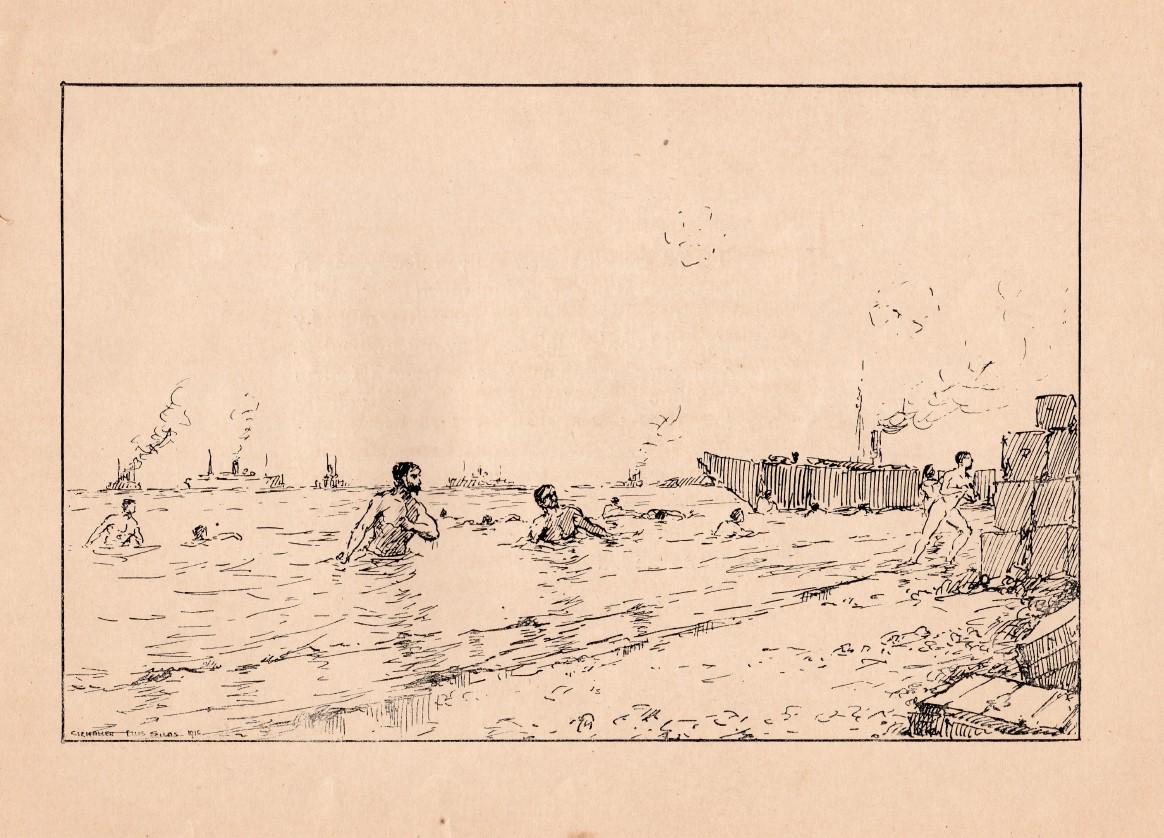World War 1, South-West Asia, Turkiye, Gallipoli, SILAS, "Crusading at Anzac"
Extract from "Crusading at Anzac", "Bathing under Shell Fire, Anzac, May 1915", Sketch by Ellis Silas.
Ellis Luciano Silas (13 July 1885 - 2 May 1972) was a British artist and draughtsman who served as an ANZAC during World War 1. He was .born in London, Silas' grandfather was the Anglo-Dutch composer Edouard Silas and his father, Louis Silas was an artist. Silas studied art from his father and was also a student of the artist Walter Sickert. In 1907, aged 23, Silas moved to Australia where he continued to develop as a painter.He painted in Sydney and Melbourne before settling in Perth.
Silas enlisted in the Australian Imperial Force (AIF) in October 1914.. Silas was never confident that he would make a good soldier even though he had served in the Royal Naval Volunteer Reserve and had some experience of military life. Silas embarked with the 16th Infantry Battalion for Egypt in December 1914. Throughout early 1915, Silas continued his training as a signaller outside Cairo, Egypt.
On the evening of 25 April 1915, the battalion was waiting on the deck of a transport to go ashore on Gallipoli The Battle of the Landing on Gallipoli in which the 16th Battalion took part lasted from 25 April to 3 May 1915. Silas told some of the battalion's story after the Gallipoli Campaign in a book called Crusading at Anzac AD 1915. Silas' book is based on extracts from the diary and sketchbook he kept during his time at Anzac. His words and images provide a dramatic insight into the dangers, hardships and loss that accompanied the Anzacs as they tried to establish a foothold on the Gallipoli peninsula.
Silas landed on Gallipoli in the evening of 25 April with the 16th Battalion. In the first weeks on Gallipoli, 16 Battalion was reduced to two companies suffering heavy casualties at Pope’s Hill and Quinn’s Post. By 17 May, Silas had become seriously ill and was taken by hospital ship back to Egypt. From Egypt, he was transferred to England and in August 1916, was discharged from the AIF as being permanently unfit for active service.
His sketches from the front were viewed by King George and Queen Mary in May 1916. His book Crusading at Anzac was published in 1916 with forewords by Sir Ian Hamilton and William Birdwood.
Details
Details
Bathing Under Shell Fire
This was certainly a most unique experience. I remember how delightful it was to be immersed in the sea, after not having had a decent wash for about three weeks. We would hear the enemy's gun fire} then: “Shell O!!” Out we would all scamper like a crowd of naughty schoolboys, and lake cover behind anything on the beach that afforded shelter. Then, after the shell had burst, back we would go into the sea. I remember the beautiful colour of the water and the ships lying out on the horizon. "Shell O!!” This time we were nearly caught, for two or three shells came sliding through the air, and burst quite close to us; however, we were determined not to be done out of our swim, so back into the water we went.
Anzac, May 1915
Signaler Ellis Silas was the only artist to paint and sketch actual battle scenes showing Australian soldiers in action at Gallipoli. He was commissioned in 1919 by the Australian War Records Section to paint images of Gallipoli at the initiative of C. E. W. Bean who wanted ex-servicemen to paint from their experiences. An exhibit featuring the life and art of Ellis Silas including "Crusading at Anzac" is currently on display in the Temporary Exhibition Gallery at the Army Museum of Western Australia.
Australian Army Museum of Western Australia
Australian Army Museum of Western Australia
More items like this
- World War 1, South-West Asia, Türkiye, Gallipoli, SILAS, "Crusading at Anzac"
- World War 1, South-West Asia, Turkiye, Gallipoli, SILAS, "Crusading at Anzac"
- World War 1, South-West Asia, Türkiye, Gallipoli, SILAS, "Crusading at Anzac"
- World War 1, South-West Asia, Turkiye, Gallipoli, SILAS, "Crusading at Anzac"
- World War 1, Eastern Mediterranean, Egypt, SILAS, "Crusading at Anzac"
- World War 1, South-West Asia, Türkiye, Gallipoli, SILAS, "Crusading at Anzac"
- World War 1, South-West Asia, Türkiye, Gallipoli, SILAS, "Crusading at Anzac"
- World War 1, South-West Asia, Türkiye, Gallipoli, SILAS, "Crusading at Anzac"
Other items from Australian Army Museum of Western Australia
- World War 1, Home Front, Commonwealth Button Fund
- World War 1, Home Front, Commonwealth Button Fund (11X) Schools' version of "French Red Cross"
- World War 1, Home Front, Commonwealth Button Fund (14) = "Discharged Soldiers Fund For Our Returned Soldiers"
- World War 1, Home Front, Commonwealth Button Fund (16) - "Our Sailors Day"
- World War 1, Home Front, Commonwealth Button Fund (27) - "Women's Day"
- World War 1, Home Front, Commonwealth Button Fund (26) - "Red Triangle Day"
- World War 1, Home Front, Commonwealth Button Fund (30) - "Peace and Goodwill"
- World War 1, Home Front, Commonwealth Button Fund (33) - "Please Help the Hospitals"
- Pre 1914, Western Australia, Volunteer Challenge Cup, 1901
- Post 1945, Peacekeeping, Sierra Leone, International Military Advisory Training Team, 2001-2003
- Medal, Post 1945, Peacekeeping, Sierra Leone, International Military Advisory Training Team, 2001-03
- Medal Group, CROLL, DFC, DFM, 3 Battalion, Royal Australian Regiment
